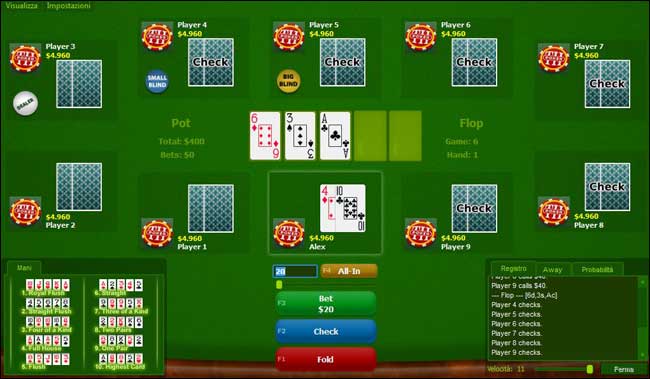

However, there are some preliminary findings in this area, Toseeb and colleagues showed that while controlling for factors such as children’s friendships and prosociality between age 7 and 9, children’s social play competences at age 7 significantly predicted lower levels of internalising and externalising problems at age 11 in a UK general population sample. Furthermore, while friendship has received some attention in the literature, there is a dearth of empirical studies examining the role of peer play in mental health. ĭespite friendships being central to children’s social lives in early childhood, Schwartz and Badaly argue that research on children’s psychological and behavioural problems tends to focus on the influence of peer rejection, victimisation and friendlessness. Peer play is often considered an essential context for improving children’s emerging social skills and the earliest opportunities to engage in it tend to correspond with the sensitive period for building foundational friendship skills. For example, Dodd and Lester have linked adventurous play to anxiety management, and Gray has theorised a causal relation between play deprivation and increased psychopathology. There is a developing evidence base on this topic, but it is at an early stage.

Play is a universally observed phenomenon in the early years of a child’s development and yet its potential developmental functions in social development and emotional regulation are often overlooked when considering mental health. The early years may therefore be a sensitive period for building the foundations of social competence that set the stage for later social development such as building strong, reciprocal friendships. In many cultures, preschool is often the first time that young children encounter large groups of same aged peers. For children and young people, relationships with parents and caregivers are undoubtedly important predictors of mental health, however the influence of peers increases as children mature. Individuals experiencing more positive reciprocal relationships are not only likely to experience good mental health themselves, but also to contribute to the mental health of people in their social networks. Social relationships have a profound influence upon mental health. We conclude that further research aimed at establishing causation is worth pursuing. Taken together our results provide evidence that supports the hypothesis that early peer play ability may be a protective factor against later mental health difficulties.

For the low-persistence subgroup, better peer play ability at age 3 predicted lower risk of age 7 hyperactivity, emotional and peer problems, whereas better peer play ability at age 3 predicted only lower risk of age 7 hyperactivity for the high-reactivity group. Controlling for demographic variables, temperament, maternal distress, play with parents and number of siblings, better peer play ability at age 3 years predicted lower risk of problems on all 4 SDQ subscales at age 7 years for the general population. We modelled effects for the entire population and two sub-groups at high-risk for mental health problems based on age 3 temperament. We conducted longitudinal structural equation modelling study over a population cohort (N = 1676) to examine the effect of age 3 peer play ability on children’s age 7 mental health outcomes (measured by the Strengths and Difficulties Questionnaire subscales). Peer play ability may be a protective factor against childhood mental health difficulties but there is lack of empirical evidence to support this hypothesis.


 0 kommentar(er)
0 kommentar(er)
